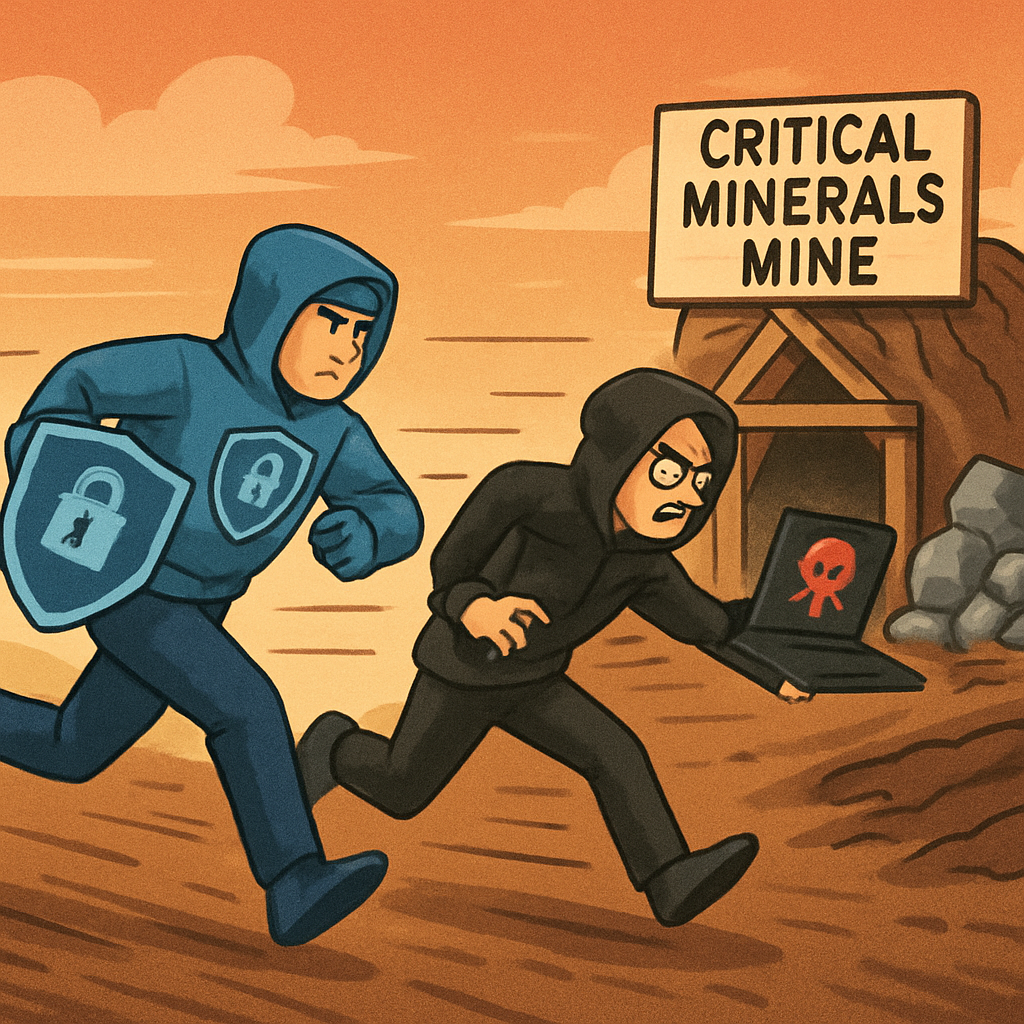Unifying Cyber Defense Through Collaboration
When I describe my job to others, I tell them: My job is simple. I get companies to work together to solve their cybersecurity problems. I’m not a...
2 min read
Cherie Burgett : Jan 18, 2018 12:00:00 AM

The hardest part of recruiting more women into this industry is getting them interested in the field. Thinking back on the careers I have considered, I was more inclined to pursue counselling, social work, and teaching. These all played to my strengths and interests. I wanted to do good, help people, change lives, and have a positive impact.
Cybersecurity does a terrible job of marketing the diversity of endless career possibilities. Not just to women but to people in general. The thought of sitting staring at multiple monitors of lines of text for 8 hours a day does not entice me. Not everyone is suited to be a pen-tester or a tier 1 analyst, but we need more than your stereotypical cybersecurity professional. It is a growing and fast-changing industry with a real talent shortage. The challenges we are facing are complex, and we need diversity in skills and backgrounds to solve them. We need to change our narrow view of what a cybersecurity professional is.
I recently took a career aptitude test to see if there has been any change in my results. These were my suggested ideal careers:
· Fundraiser
· Sociologist
· Cultural Studies Teachers(Post-Secondary)
· Judicial Law Clerk
· Investment Fund Manager
· Mathematical Science Teacher(Post-Secondary)
· Political Scientist
· Economics Teacher(Post-Secondary)
· English Teacher(Post-Secondary)
· Business Intelligence Analyst.
I have taken a few of these over the years; my options are more or less the same as they have always been. Computer Science, Programming, IT, Cybersecurity never register as a suggestion. The test did not ask my gender, but it proves a good point. Many women are not encouraged to pursue a career in cybersecurity; it falls off their radar. Not because they are women, but because their interests and strengths lead them to other professions. Teaching positions accounted for half of my results. I think everyone can agree; we need people with strong teaching skills working in cybersecurity.
Now that I have the benefit of hindsight, I can see how each of the career suggestions shows strengths that are desperately needed. Strong communication skills, empathy, business skills, mathematics, language, and interests in world cultures and politics. I did not always see it, and it took me a while to get there. I was fortunate enough to have a relentless mentor to show me the light. I would say 90 percent of the effort he put into mentoring me was convincing that cybersecurity was the perfect fit. This can be a satisfying profession where all of my interests and skills can shine.
Once I was convinced, the resources to learn, obtain certifications, and take college classes are plentiful. There are more programs today to assist women who want to pursue this field than there ever has been. However, all the programs in the world are not going to get them in unless a few things happen. We need to get women interested, we need to change our view of what a cybersecurity professional is, and we need to be willing to mentor interested candidates and help them discover where they fit. The rest is easy.

When I describe my job to others, I tell them: My job is simple. I get companies to work together to solve their cybersecurity problems. I’m not a...

If you work in cybersecurity in mining, it is easy to forget why we do what we do. We are not in the cybersecurity business; we are not merely...
We live in very polarizing times, particularly in the US. We choose our words carefully, tiptoe around topics that might devolve into argumentation...